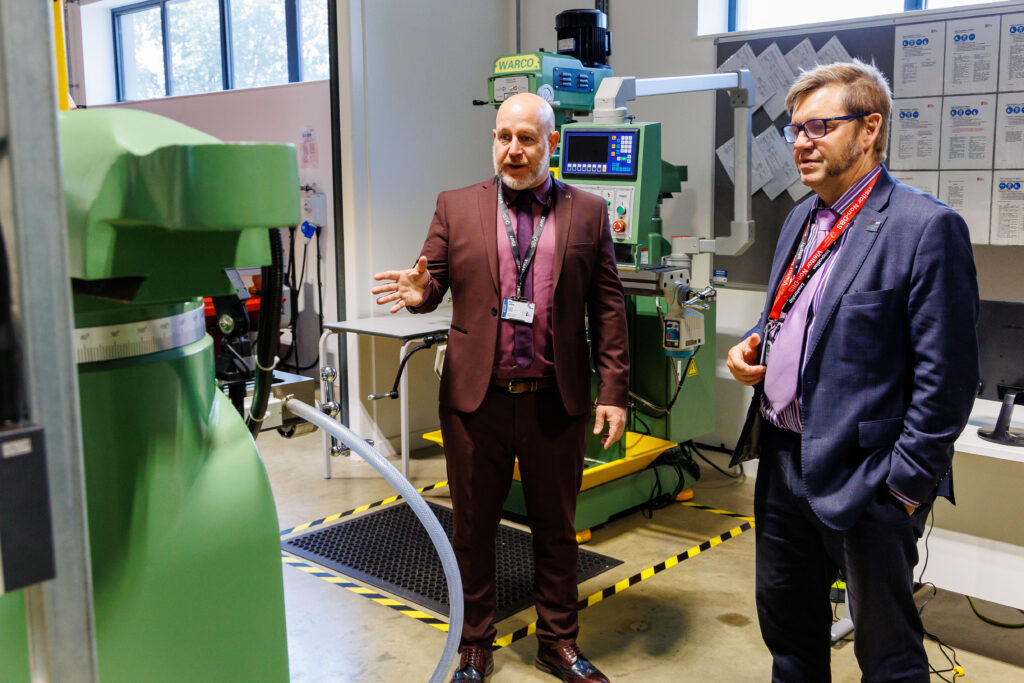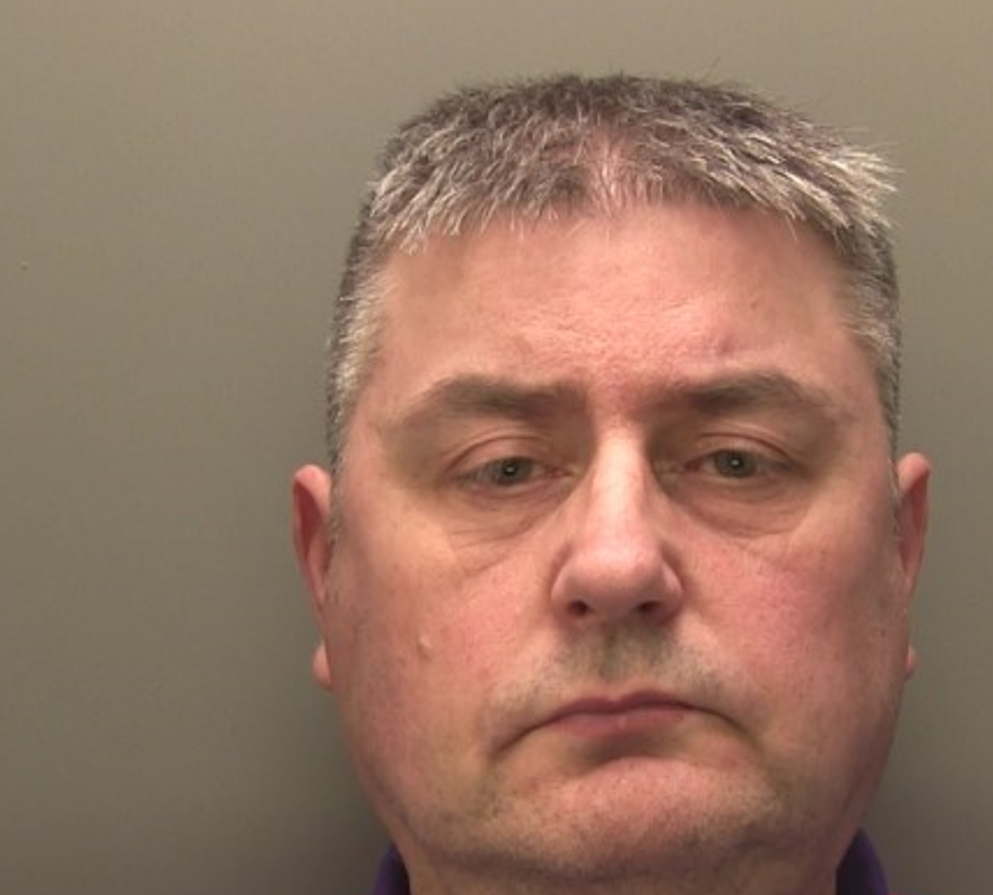A Tory led petition to persuade Cambridgeshire County Council to restart weedkilling may have faltered but that won’t stop Conservative councillor Chris Boden delivering a fiery critique of their policy.
Fenland district councillor Charlie Marks launched the petition but needed 3,000 signatures “from people who live in Cambridgeshire before they will consider at full council”.
The petition closed with 1797 signatures – well short of the target – but Cllr Boden, a county councillor and leader of Fenland District Council, has picked up the mantle.
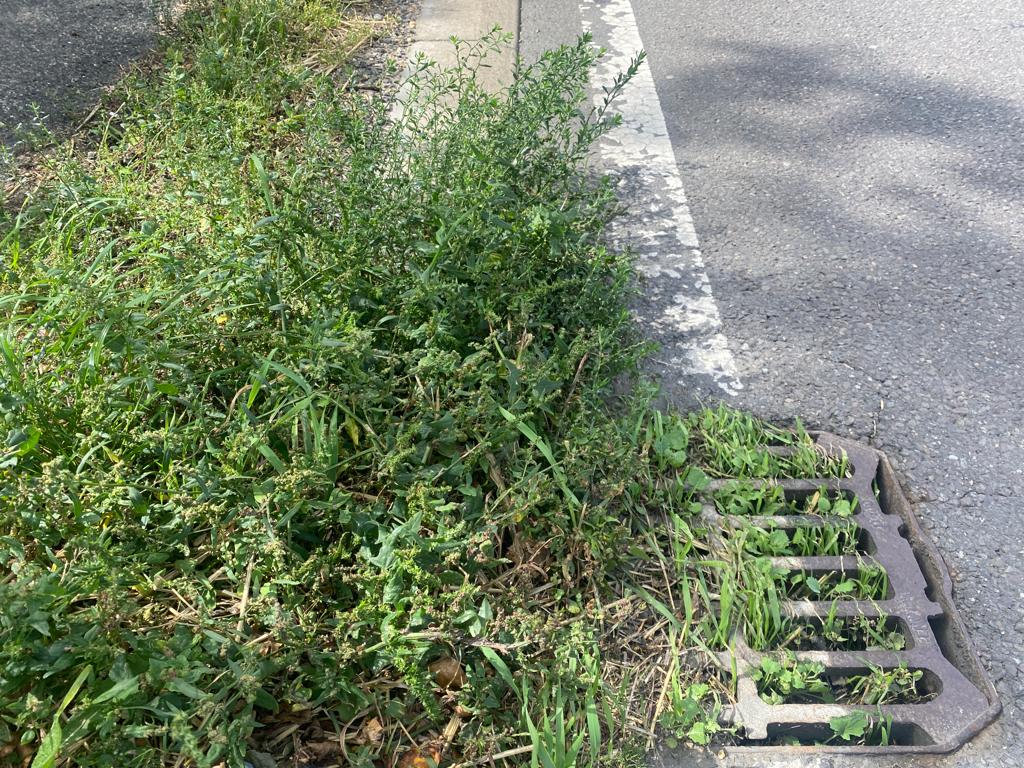
In a motion to the next county council meeting on October 17, he will call for the highways and transport committee “to immediately reintroduce the practice of removing all weed growth from paths and roads to be resurfaced”.
He also wants the committee to allocate sufficient resource to spray existing weeds in urban environments countywide.
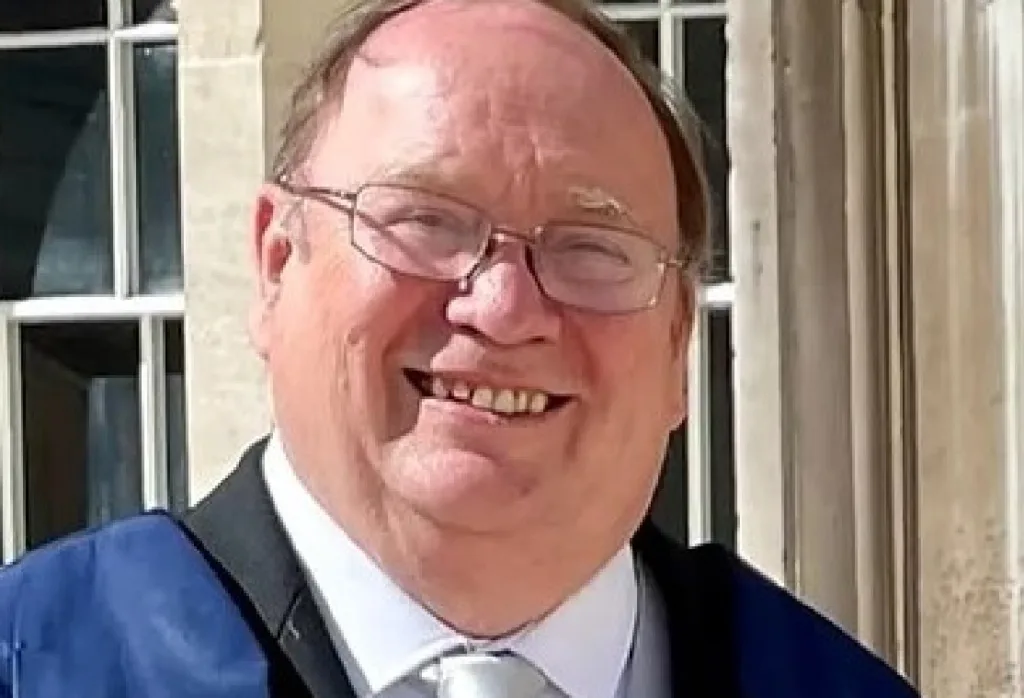
And he hopes for “a factual statement on the actual biodegradable state of the products used be published to counter the incorrect perceptions of carcinogenic and dangerous and environmentally harmful products”.
Cllr Boden wants city, town and parish councils and the public to be informed that “cyclic and preventative weedkilling will be reintroduced”.
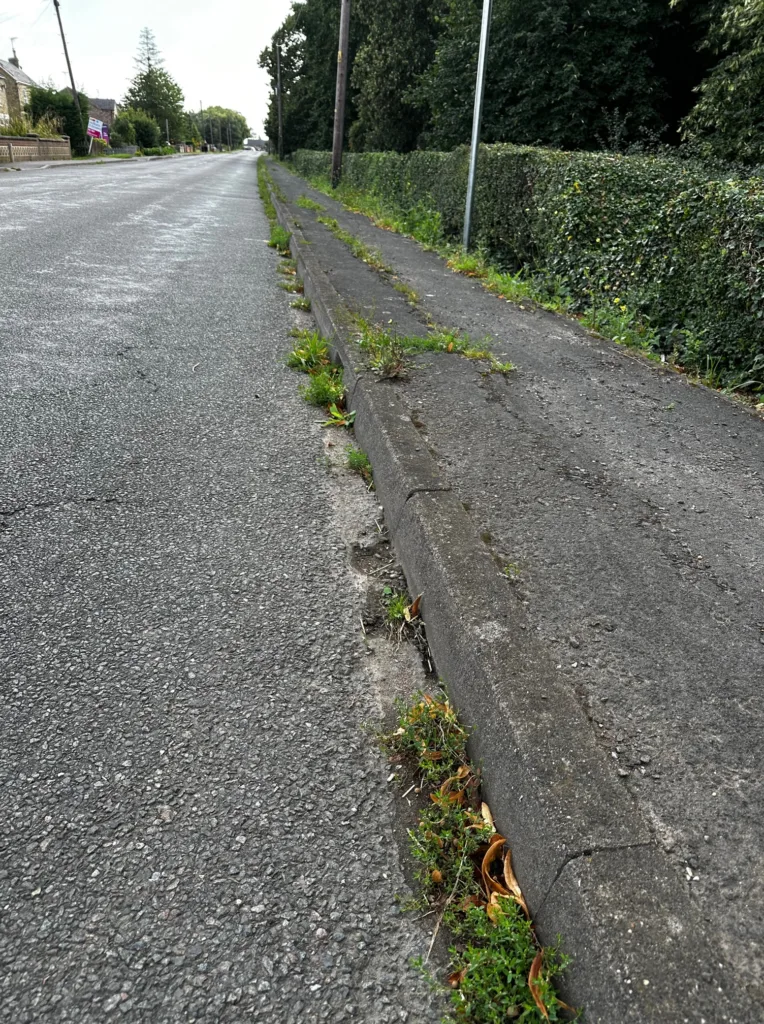
He says his motion is to draw attention to and reverse the council’s decision to halt weedkilling under all but the most extreme circumstances.
Cllr Boden offers a reminder, in the preamble to his recommendation, that the joint administration running the council voted in February to remove cyclic weedkilling based:
1: The delivery of a permanent saving of £125k a year.
2: Trialling by the highways and transport service, in partnership with Cambridge City Council, to cease cyclic weed clearing to reduce chemical use.
3: Removal of only weeds causing an immediate safety hazard.
4: Investment in community engagement to gain buy in from town and parish councils.
He says this was to have taken place in the first quarter of 23/24 and an estimated of cost of engagement work is £40k in the first year.
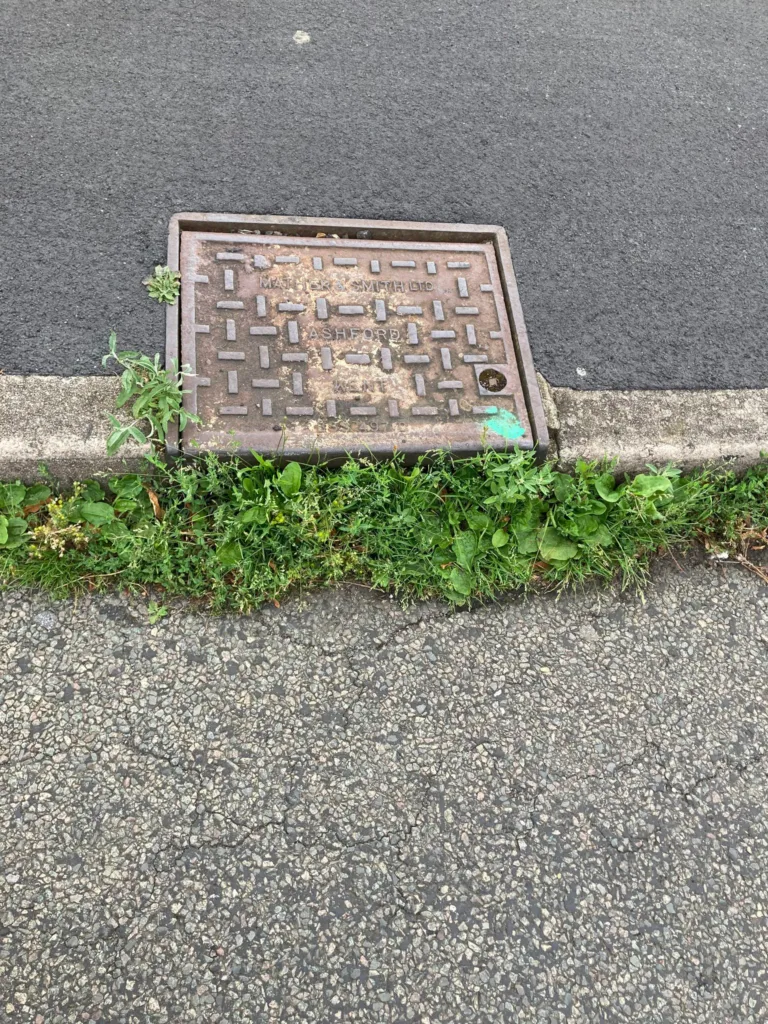
Cllr Boden is inviting the council to recognise:
1: The findings of this pilot have not been reported to members generally or the highways and transport committee.
2: Evidence shows that a failure to stop weed growth will lead to increased path and road hazards for users and create an ongoing cost growth for future repairs to the council’s infrastructure.
3: There has been no engagement with parishes and towns as outlined in the business case proposed to council.
4: Residents, parishes, and towns have directly and indirectly complained about the state of the roads, cycleways, and pathways.
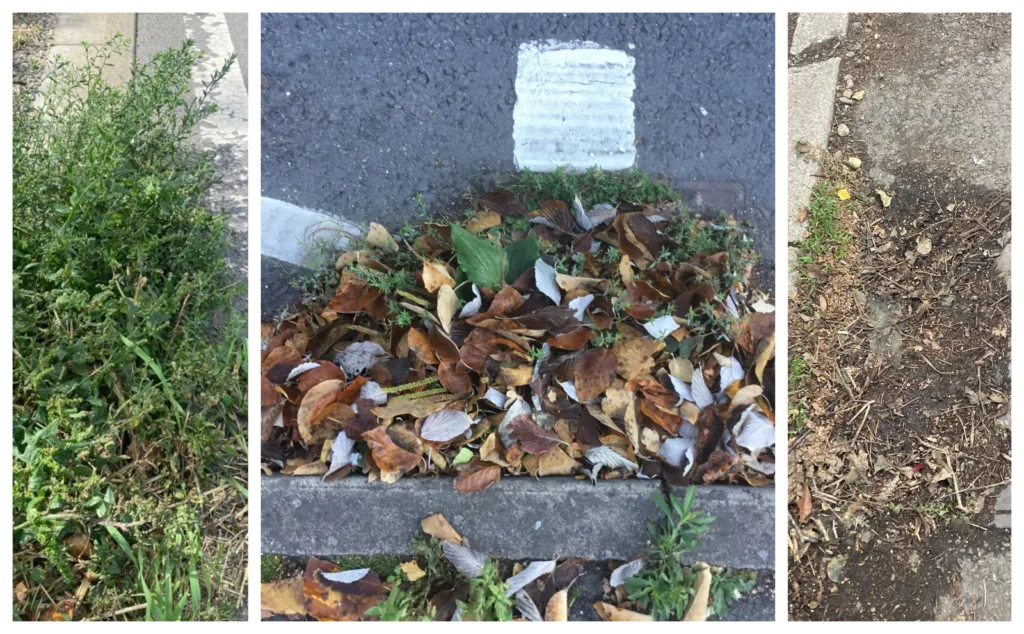
5: The joint administration’s decision to halt cyclic weedkilling should have taken place following the outcome of the pilot and community engagement was known.
6: Cycleways and pathways are less likely to be used for active travel, when overgrown with weeds.
7: Cycleways and pathways, in many areas, are unsuitable for active travel directly due to the decision by the joint administration to change the weedkilling policy.
8: Failure to spray weedkiller prior to laying new surfaces such as footway slurry is a costly mistake.
9: Failure to have a preventative approach has led to an explosion of locations of ragwort concentrations throughout the county, which is dangerous to members of the horse family.
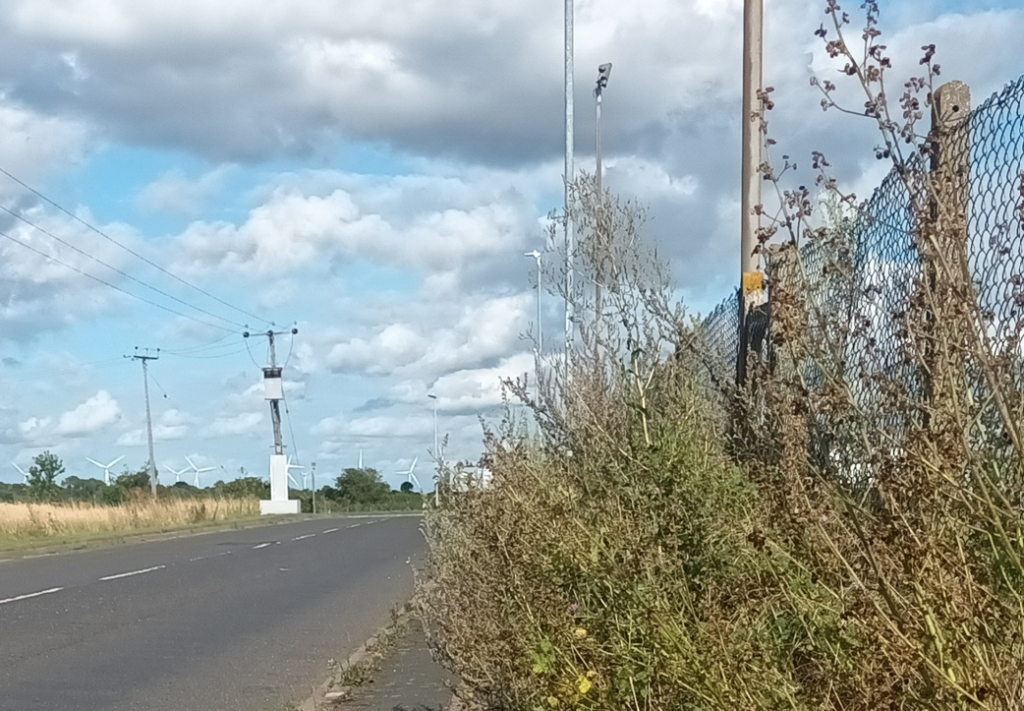
10: The decision the joint administration made that “only weeds causing an immediate safety hazard would be removed” was a mistake.
11: There is a prescribed list of weedkillers available that are safe to use by operatives, with appropriate health and safety measures in place.
In his petition, Cllr Marks invited residents to agree that “the state of the roads, paths and cycleways in Cambridgeshire are in a shocking state and unacceptable condition, due to this administration’s change to the weeding policy.
“Active travel is discouraged due to the state of these roads, cycle ways and foot paths. Any assumed savings they thought the council would make will be eaten up by higher repair bills in the future.
“Roadside gulley’s and drains will become blocked more often, this will undoubtedly increase the likelihood of flooding. The sight of rapid decay in our town and village centres is unacceptable, as well as the state of the highways between settlements, these all look more appropriate in a post apocalypse movie, than a first world country.
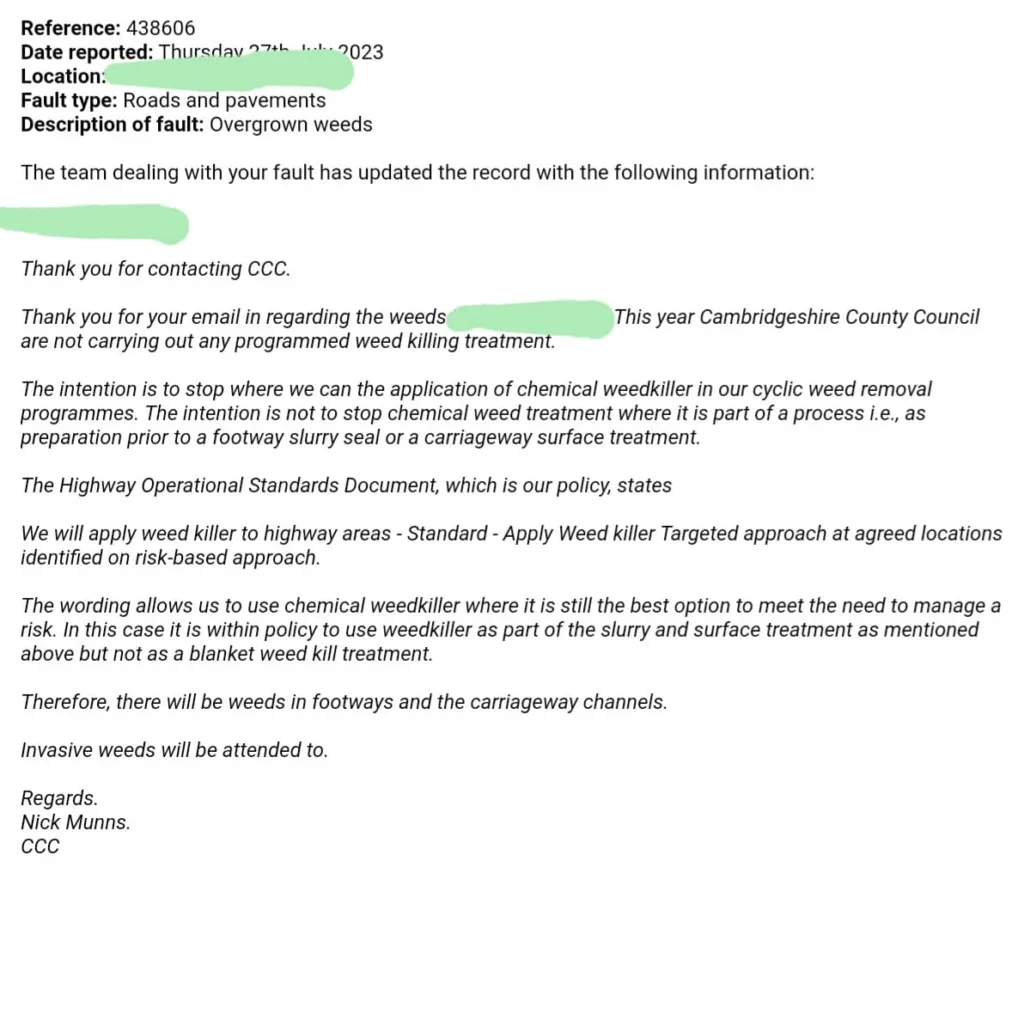
“A policy where common weeds will only be removed when they become injurious is ridiculous (i.e., a trip hazard as an example).
“The new bureaucracy imposed, involved the public reporting those weeds, CCC tasking an inspector to examine those weeds (up to 14 days later) then to decide whether to instruct a contractor or not, is ludicrous in the extreme. We ask for immediate action to return to a pro-active weedkilling regime.”




